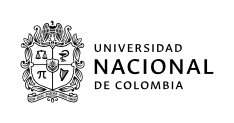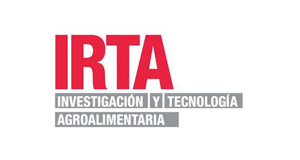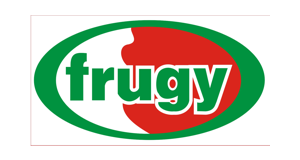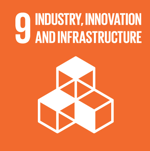Platform for the integral use of Andean fruit trees
The project promotes organic production and technological innovation in Andean fruit chains, benefiting small producers and processors in Colombia.
Context of the story
Global fruit production has grown by 3% annually over the past decade, with Colombia positioned as the fifth largest fruit producer in Latin America. However, Andean fruit chains face common challenges such as price instability, excessive intermediation, lack of technical assistance, and poor crop planning. These issues primarily affect small producers, where women play a crucial role.
Empowerment and sustainability in the fruit chain.
The implemented initiative
The project established Transformer-Farmer Groups (TFG) to facilitate the transfer of knowledge and technology. It focused on the characterization, classification, and zoning of crops, as well as the preservation of post-harvest quality, development of innovative products, and promotion of consumption both locally and internationally. Finally, multiple communication strategies were used through academic products (e.g. books), outreach products (e.g. magazines and videos), and mass contact activities (e.g. field workshops).
Introduction of improved varieties and sustainable agricultural practices.
The technological solution
A new thornless blackberry variety was introduced, with yields four times higher than the national average, and lulo cultivation was encouraged, achieving yields three times higher. Additionally, inorganic chemicals were replaced with biological products, and good agricultural practices were promoted, enabling the organic certification of products and access to European markets. New products were also developed from harvest residues.
Significant improvements were achieved in the disinfection of work materials, reduction of diseases and pests, and compliance with good agricultural practices.
Results
The project significantly increased the productivity of crops like blackberry and lulo, surpassing national averages.
A 40% increase in the use of biological and cultural controls was observed.
The company Frugy achieved organic certification for its fruit pulps, accessing a new niche in European markets.
Prototypes of products based on various types of residues were developed.
The use of lignocellulosic residues and their potential applications as packaging, vehicle parts, enzyme supports, and construction materials were studied.
Two fruit bars (blackberry and guava) were launched and are currently on the market under the Conga brand.
The project directly benefited 400 families and indirectly 800 more in the Colombian Andean zone.
1276 people were trained and an undergraduate thesis, three master's and two doctorate theses were carried out.

 Back to the project
Back to the project Colombia
Colombia Spain
Spain







